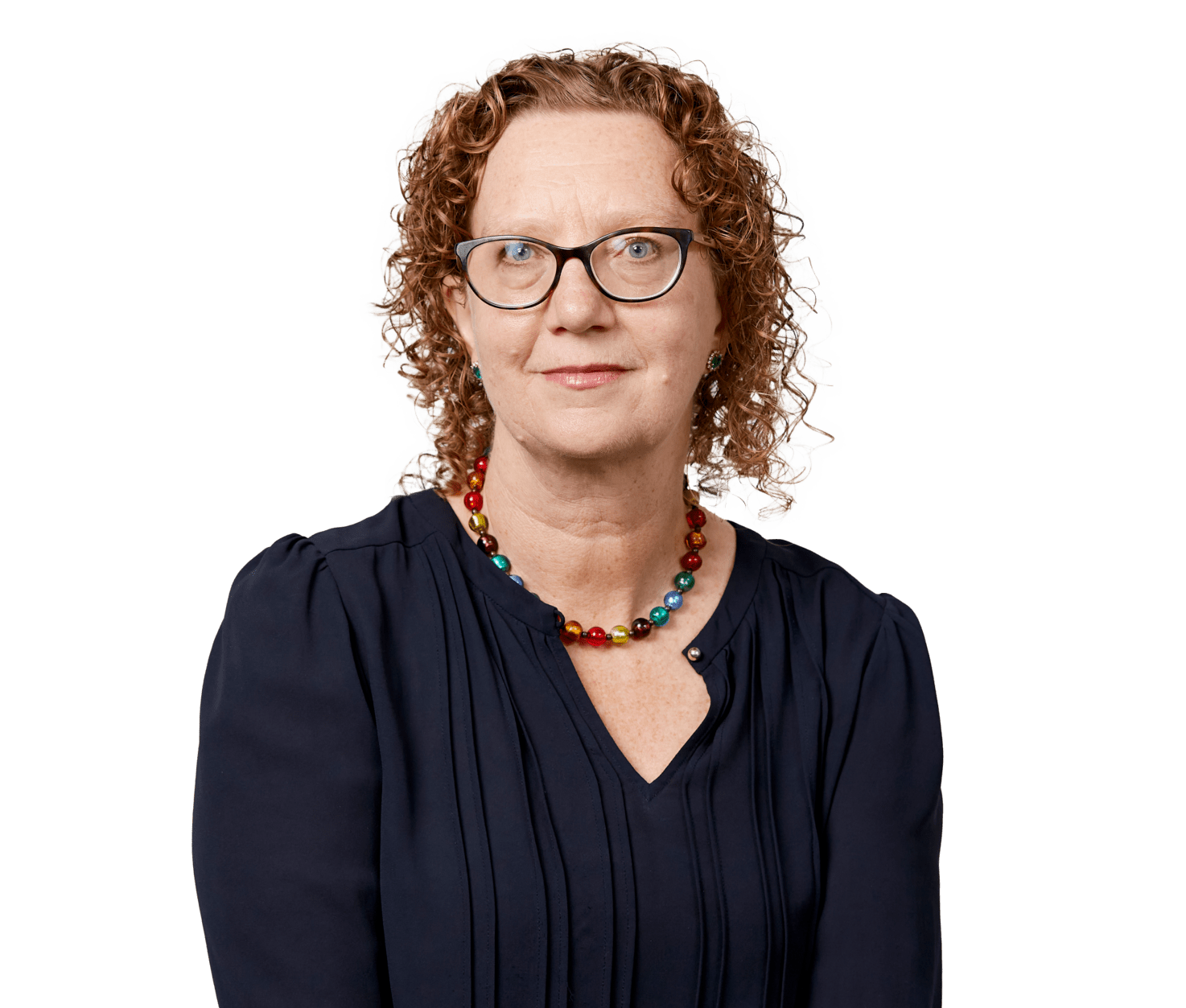How can economics help governments decide how to spend scarce public funds?
In the UK, and across Europe, there are many public-funded areas crying out for more investment. However, the context of low growth, high levels of public debt and public interest payments, mean that tough decisions on spending priorities across public services, infrastructure and social security have to be made.
In this episode of Top of the Agenda, Helen Jenkins is joined by Sir Philip Rutnam, Chair of the Council of the National Institute for Economic and Social Research, and former Permanent Secretary at the UK Department for Transport and Home Office, and Andy Meaney, a Partner and Head of Transport at Oxera. Together they discuss how governments can use economic analysis to decide how to spend scarce public funds. How should we allocate funds to health, transport, education or social support? And then once those decisions are made, do we opt for fewer potholes or more bus services; more or better-paid doctors, or more MRI machines?
Listen and subscribe to the Top of the Agenda podcast series on Spotify, Apple or via your favourite podcast platform.
Related

Financing the green transition: can private capital bridge the gap?
The green transition isn’t just about switching from fossil fuels to renewable or zero-carbon sources—it also requires smarter, more efficient use of energy. By harnessing technology, improving energy efficiency, and generating power closer to where it’s consumed, we can cut both costs and carbon emissions. In this episode of Top… Read More

A map of AI policies in the EEA and UK
Oxera offers an overview of AI-related policies in EEA countries and the UK through an interactive map. This AI Policy Map allows users to follow developments in AI regulation and examine national policy approaches in more detail. Artificial intelligence (AI) is driving technological change at an unprecedented pace, transforming industries,… Read More

